Category

Popular Products
-
 Camera Trap Bushnell No Glow 119938C
Camera Trap Bushnell No Glow 119938C
KSh 52,950.00Original price was: KSh 52,950.00.KSh 48,950.00Current price is: KSh 48,950.00. -
 Digital Tachometer
Digital Tachometer
KSh 7,000.00Original price was: KSh 7,000.00.KSh 6,500.00Current price is: KSh 6,500.00. -
 Micrometer Screw Gauge
Micrometer Screw Gauge
KSh 1,200.00Original price was: KSh 1,200.00.KSh 850.00Current price is: KSh 850.00. -
 Emergency Collar
Emergency Collar
KSh 4,000.00Original price was: KSh 4,000.00.KSh 3,550.00Current price is: KSh 3,550.00. -
 Littmann® Classic III™
Littmann® Classic III™
KSh 19,000.00Original price was: KSh 19,000.00.KSh 16,500.00Current price is: KSh 16,500.00.
Latest News
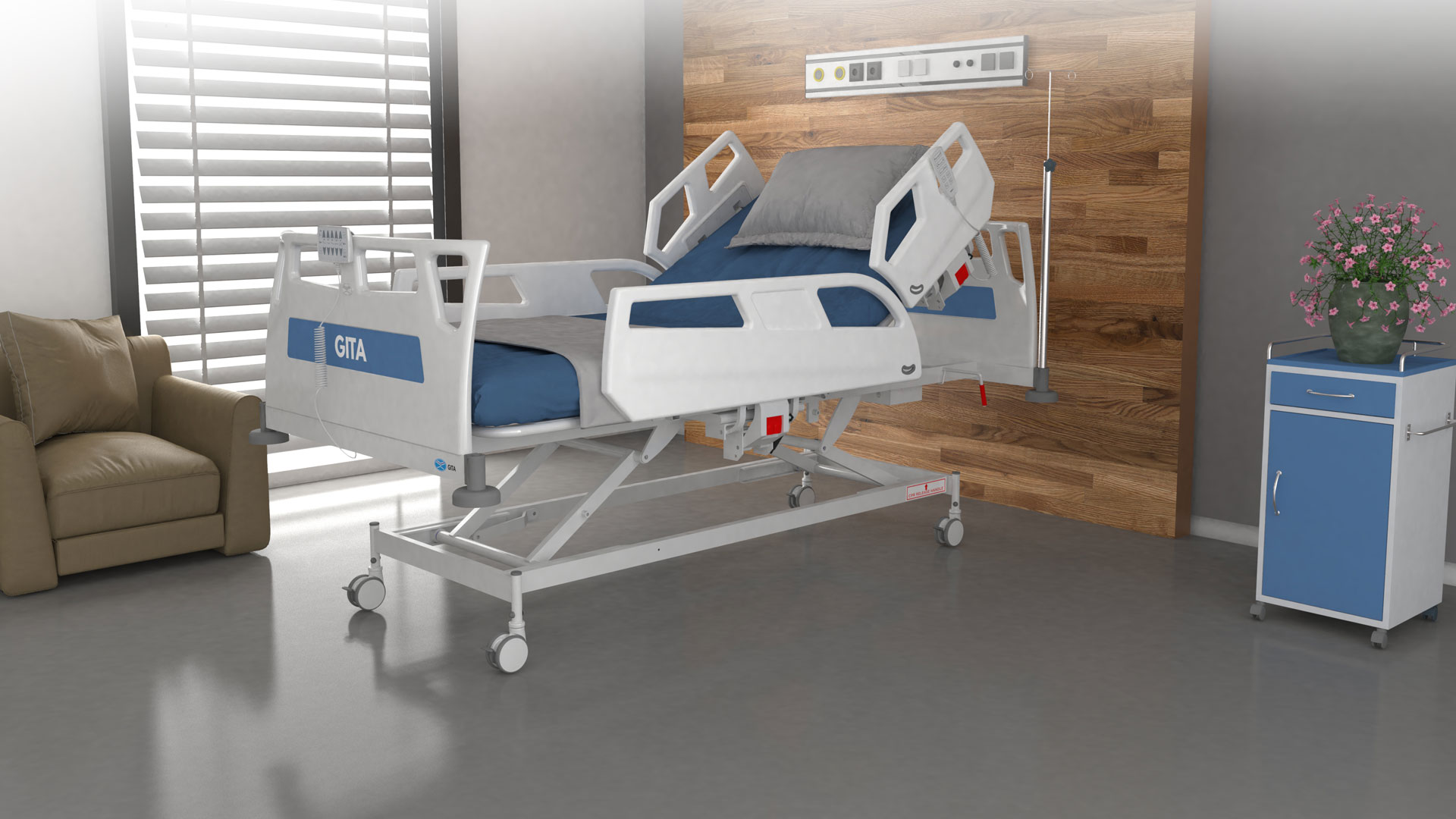
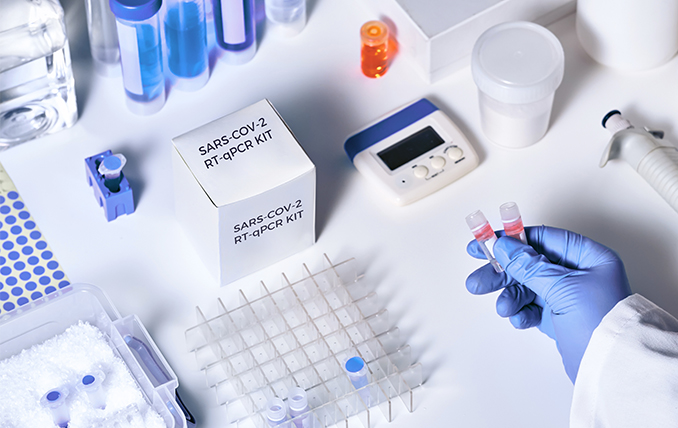

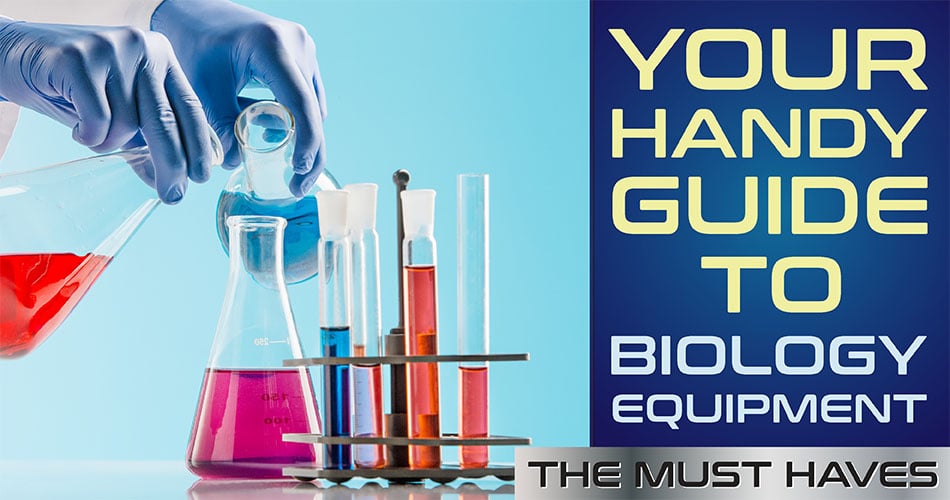
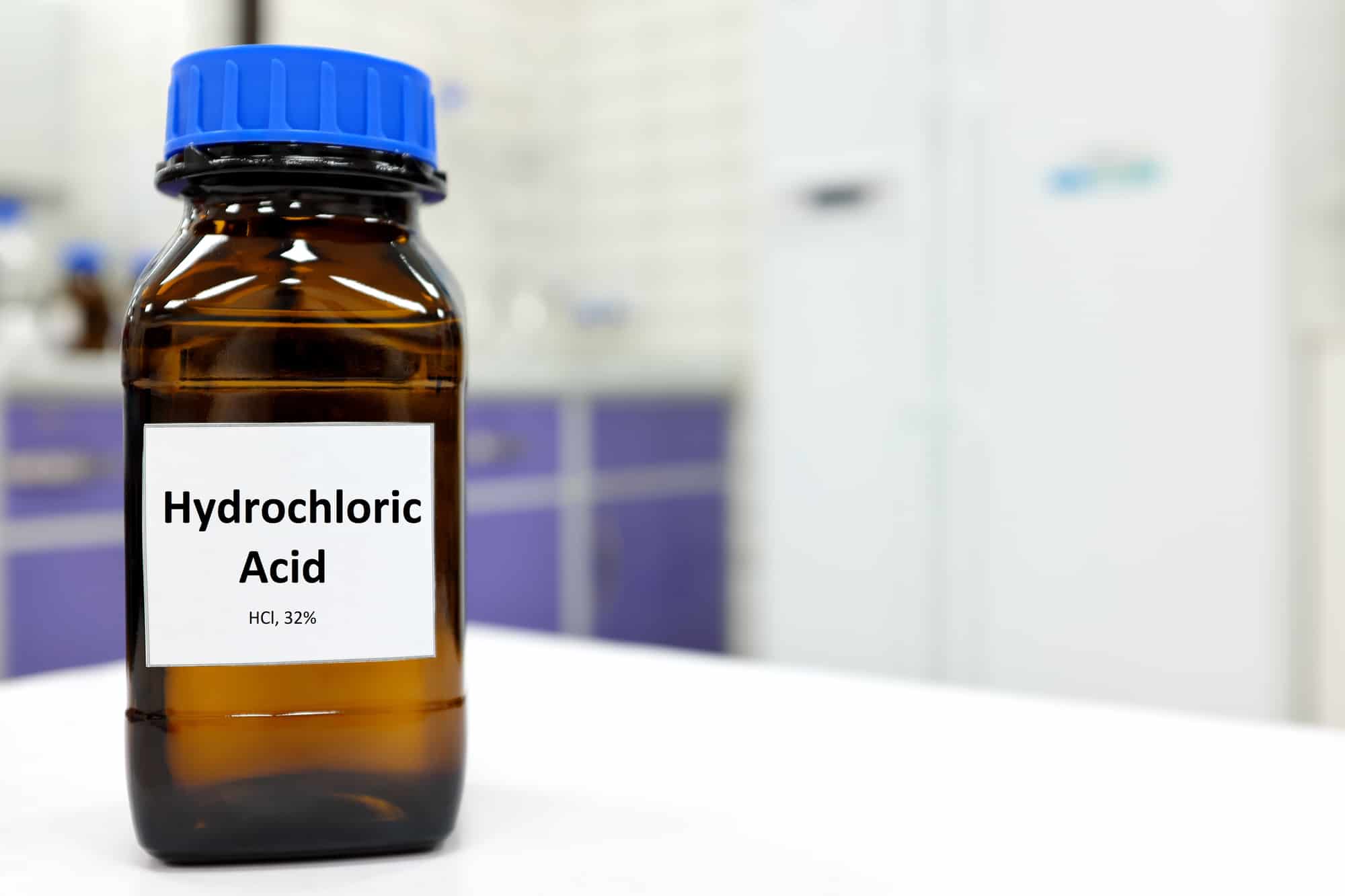


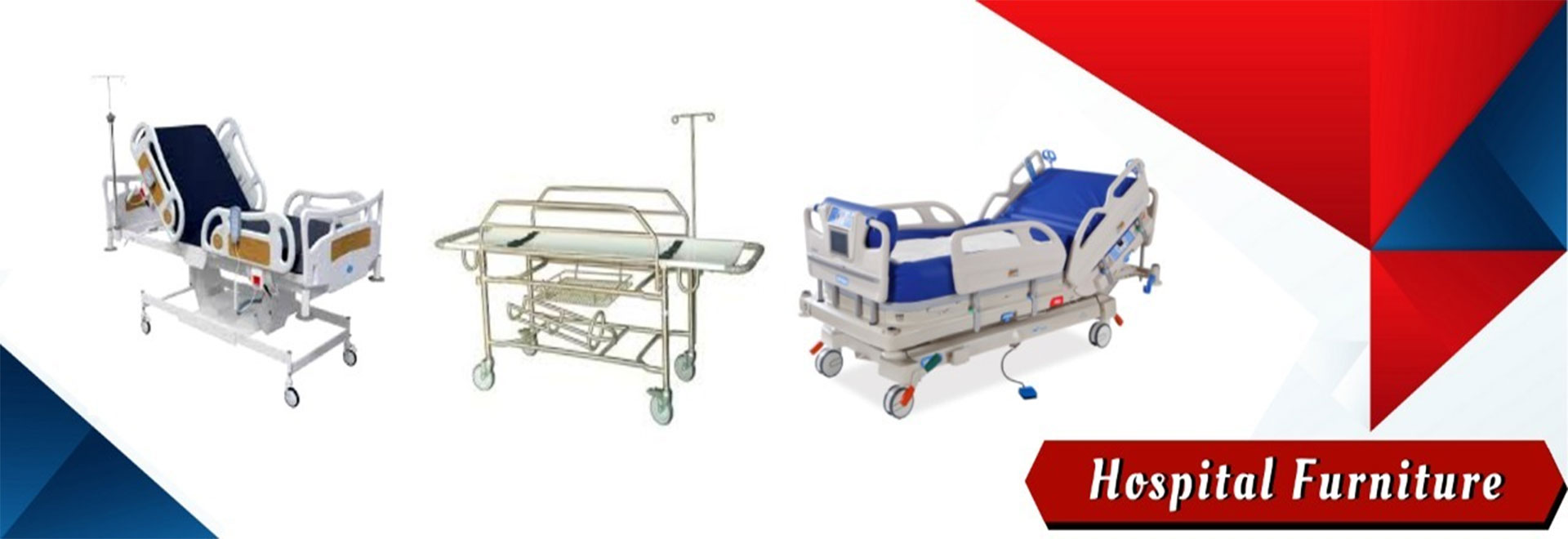

On Sale Products
-
 CBR swell Tripod
CBR swell Tripod
KSh 35,000.00Original price was: KSh 35,000.00.KSh 32,000.00Current price is: KSh 32,000.00. -
 Sodium Alginate Extrapure 250g
Sodium Alginate Extrapure 250g
KSh 19,500.00Original price was: KSh 19,500.00.KSh 15,950.00Current price is: KSh 15,950.00. -
 FOIF RTS102 Total Station Complete
FOIF RTS102 Total Station Complete
KSh 680,000.00Original price was: KSh 680,000.00.KSh 650,000.00Current price is: KSh 650,000.00. -
 Biospy Needle
Biospy Needle
KSh 3,800.00Original price was: KSh 3,800.00.KSh 3,500.00Current price is: KSh 3,500.00. -
 Biohazard Box 5ltrs
Biohazard Box 5ltrs
KSh 300.00Original price was: KSh 300.00.KSh 250.00Current price is: KSh 250.00.


In recent years, there has been a significant increase in the demand for hospital diagnostic kits in Kenya. These kits play a critical role in the diagnosis and treatment of various medical conditions. They enable healthcare professionals to identify diseases, monitor disease progression, and provide targeted treatments to patients. This article provides an in-depth look at the various hospital diagnostic kits available in Kenya, their applications, and the challenges facing their adoption and use.
Rapid Diagnostic Tests (RDTs)
Rapid diagnostic tests are simple, affordable, and easy-to-use diagnostic kits that are used to detect the presence of specific antigens or antibodies in patient samples. RDTs are commonly used to diagnose infectious diseases such as malaria, HIV, tuberculosis, and hepatitis B and C. These diagnostic kits are particularly useful in resource-limited settings, where access to laboratory infrastructure and trained personnel is limited. RDTs deliver results within minutes, allowing healthcare professionals to initiate appropriate treatment quickly.
In Kenya, the use of RDTs has increased significantly in recent years, particularly for the diagnosis of malaria. The country has one of the highest malaria burdens in Africa, with an estimated 27.3 million people at risk of infection. Malaria RDTs are widely used in Kenya to diagnose and treat malaria in both public and private healthcare facilities. In addition to malaria, RDTs are also used to diagnose other infectious diseases, including HIV, tuberculosis, and hepatitis B and C.
Enzyme-Linked Immunosorbent Assay (ELISA) Kits
ELISA kits are diagnostic kits that use antibodies and antigens to detect the presence of specific proteins in patient samples. ELISA kits are commonly used to diagnose infectious diseases, autoimmune disorders, and cancer. In Kenya, ELISA kits are widely used to diagnose infectious diseases such as HIV, hepatitis B and C, and syphilis. These diagnostic kits are also used in the diagnosis and monitoring of cancer and autoimmune disorders such as lupus and rheumatoid arthritis.
The use of ELISA kits in Kenya has been instrumental in improving the diagnosis and management of infectious diseases. However, the adoption and use of these diagnostic kits face several challenges, including limited access to laboratory infrastructure, limited funding, and inadequate training of laboratory personnel. In addition, there is a need for regular quality control and quality assurance of ELISA kits to ensure accurate and reliable results.
Polymerase Chain Reaction (PCR) Kits
PCR kits are diagnostic kits that are used to amplify DNA or RNA sequences in patient samples. PCR kits are commonly used in the diagnosis of infectious diseases, genetic disorders, and cancer. In Kenya, PCR kits are used to diagnose infectious diseases such as HIV, tuberculosis, and hepatitis B and C. These diagnostic kits are also used in the diagnosis and monitoring of genetic disorders such as sickle cell disease and cancer.
The use of PCR kits in Kenya has significantly improved the accuracy and reliability of disease diagnosis, particularly for infectious diseases such as HIV and tuberculosis. However, the adoption and use of PCR kits face several challenges, including limited access to laboratory infrastructure, high cost, and inadequate training of laboratory personnel. In addition, there is a need for regular quality control and quality assurance of PCR kits to ensure accurate and reliable results.
Blood Gas Analyzers
Blood gas analyzers are diagnostic kits used to measure the levels of oxygen, carbon dioxide, and other gases in the blood. Blood gas analyzers are critical in monitoring patients with respiratory or metabolic disorders. In Kenya, blood gas analyzers are commonly used in critical care settings such as intensive care units and emergency departments.
The use of blood gas analyzers in Kenya has significantly improved the diagnosis and management of respiratory and metabolic disorders. However, the adoption and use of these diagnostic kits face several challenges, including limited access to laboratory infrastructure, high cost, and inadequate training
of healthcare professionals. In addition, there is a need for regular maintenance and calibration of blood gas analyzers to ensure accurate and reliable results.
Challenges facing the adoption and use of hospital diagnostic kits in Kenya
Despite the significant benefits of hospital diagnostic kits, their adoption and use in Kenya face several challenges. These challenges include:
- Limited access to laboratory infrastructure: A significant proportion of healthcare facilities in Kenya lack the necessary laboratory infrastructure to support the use of diagnostic kits. This includes a lack of laboratory equipment, reagents, and trained laboratory personnel.
- High cost: Many hospital diagnostic kits are expensive, making them unaffordable for many healthcare facilities in Kenya. This limits their adoption and use, particularly in resource-limited settings.
- Inadequate training of healthcare professionals: The effective use of hospital diagnostic kits requires trained healthcare professionals who can accurately interpret and use the results. However, many healthcare professionals in Kenya lack the necessary training to effectively use these diagnostic kits.
- Quality control and quality assurance: The accuracy and reliability of diagnostic results depend on the quality of the diagnostic kits used. However, many healthcare facilities in Kenya lack the necessary quality control and quality assurance processes to ensure accurate and reliable results.
- Supply chain challenges: The availability and timely delivery of diagnostic kits are critical for their effective use. However, the supply chain for diagnostic kits in Kenya is often fragmented, leading to stockouts and delays in the delivery of diagnostic kits.
Conclusion
Hospital diagnostic kits play a critical role in the diagnosis and treatment of various medical conditions in Kenya. They enable healthcare professionals to accurately diagnose diseases, monitor disease progression, and provide targeted treatments to patients. However, their adoption and use face several challenges, including limited access to laboratory infrastructure, high cost, inadequate training of healthcare professionals, and supply chain challenges. Addressing these challenges will require a concerted effort from various stakeholders, including the government, healthcare providers, and diagnostic kit manufacturers. Improving access to laboratory infrastructure, providing affordable diagnostic kits, and investing in training and quality control and assurance processes will be critical in ensuring the effective adoption and use of hospital diagnostic kits in Kenya.
-
-
-
Children Wheelchair
KSh 17,500.00Original price was: KSh 17,500.00.KSh 15,000.00Current price is: KSh 15,000.00.Add to cart1. durable steel frame with chromed finish easy to operate design.
2. Ideal for children up to 15 years.
3. Ideal for both indoor and out door activities -
Nebulizer
KSh 16,500.00Add to cartmakes managing your respiratory health easy. It’s simple to use, efficient, ensuring quick and reliable treatment for you and your loved ones.
-
Wall Mounted Non Contact Infrared Thermometer
KSh 9,500.00Original price was: KSh 9,500.00.KSh 8,500.00Current price is: KSh 8,500.00.Add to cartInfrared non-contact measurement you don’t need to take it in hands and reduces the risk of cross infection. Respond quickly and large clear LCD screen with great readability which can reduce queue time
-
Labline DC-33 Differential Blood Cell Counter
KSh 45,500.00Add to cartMains Input :230V/50Hz |110V/60Hz A.C. SupplyBody :ABS Body ( Light Weight )LCD Display :16 Character With Back LightWeight :0.6 Kg.Overall Size :155.0 (L) x 205 (W) x 91 (H)mmCell Counting Key :8 KEYTotal Key :12 KEYKeypad :Tectile switch with raised keytops -
-
Kolida KL-32GSTYLE Automatic Level
KSh 29,950.00Add to cartProduct Description
MAGNIFICATION 32X EFFECTIVE OBJECTIVE APERTURE 38MM IMAGE ERECT RETICLE CROSS RETICLE FIELD OF VIEW 2.3M/100M MINIMUM FOCUS DISTANCE 0.3M MULTIPLE CONSTANT 100 ADDITIVE CONSTANT 0 COMPENSATOR TYPE MAGNETIC DAMPING COMPENSATOR RANGE +/-15′ COMPENSATOR SETTING TYPE COMPENSATORE SETTING ACCURACY +/-0.6” STANDARD 1KM DEVIATION 1MM SENSITIVITY OF BUBBLE 8’/2MM CIRCLE GRADUATION 360 OR 400 GON DUSTPROOF AND WATER PROOF 1P54 WORKING TEMPERATURE 20 DEGREES CELSIUS – 50 DEGREES CELSIUS -
Operating Table
KSh 280,000.00Original price was: KSh 280,000.00.KSh 250,000.00Current price is: KSh 250,000.00.Add to cartThe operating bed facilitates the operation room and helps improve patient safety and comfort. This table can withstand extreme loads in any position. This structure allows it to adapt to the size of the patient and can be equipped with any surgical discipline at any time. Longitudinal movement of up to 350 mm makes the operating table more versatile.
-
NON WOVEN DOCTOR GOWN SURGICAL GOWN
KSh 400.00Original price was: KSh 400.00.KSh 350.00Current price is: KSh 350.00. -
REINFORCED DOCTOR GOWN
KSh 500.00Original price was: KSh 500.00.KSh 470.00Current price is: KSh 470.00. -
Suction Machine One Bottle
KSh 18,000.00Original price was: KSh 18,000.00.KSh 15,000.00Current price is: KSh 15,000.00.Add to cartDisposable or rechargeable batteries
Suction/vacuum pump
Connection tubing
Sterile patient tubing
Disposable canister
Power cord and Filters
Related
Written by labsoko

Testimonials

Mount Everest Clinics
We have been purchasing products from labsoko for the past few months, and we can attest that they supply quality products with very professional approach.

Dr. Stela
Thank you labsoko, you are God sent, it has become easy for us to order our hospital's equipment's and get delivered on time. Asanteni!!!

St Michaels High Scool
All our lab equipments have been restocked from labsoko.com website. We were recommended by a lab technician to you and all we can say is that YOU DELIVER. Keep it up guys
Latest Products
-
 Smart2Pure™ UV/UF 12 ltrs Water Purification System
KSh 2,500,000.00
Smart2Pure™ UV/UF 12 ltrs Water Purification System
KSh 2,500,000.00
-
 VeritiPro™ Thermal Cycler, 96 well
KSh 1,695,000.00
VeritiPro™ Thermal Cycler, 96 well
KSh 1,695,000.00
-
 Kolida KTS-491R10LC Digital Total Station
KSh 1,350,000.00
Kolida KTS-491R10LC Digital Total Station
KSh 1,350,000.00
-
 Ohaus MB120 Moisture Meter
KSh 995,000.00
Ohaus MB120 Moisture Meter
KSh 995,000.00
-
 Leica Sprinter 250 Digital Level
KSh 698,500.00
Leica Sprinter 250 Digital Level
KSh 698,500.00
-
 Kolida K1 PRO Receiver
KSh 675,000.00
Kolida K1 PRO Receiver
KSh 675,000.00
-
 Kolida KTS-442UT Total Station Set
KSh 675,000.00
Kolida KTS-442UT Total Station Set
KSh 675,000.00
-
 FOIF RTS102 Total Station Complete
FOIF RTS102 Total Station Complete
KSh 680,000.00Original price was: KSh 680,000.00.KSh 650,000.00Current price is: KSh 650,000.00. -
 Leica- Sprinter 150 Digital Level
KSh 560,000.00
Leica- Sprinter 150 Digital Level
KSh 560,000.00
-
 DP 20 Portable Ultrasound Machine
DP 20 Portable Ultrasound Machine
KSh 550,000.00Original price was: KSh 550,000.00.KSh 510,000.00Current price is: KSh 510,000.00.
Recent Articles
- Success Story Of A New Clinic After Purchasing All Hospital Equipment’s Online
- Hospital Furniture In Kenya
- Hospital Diagnostic Kits In Kenya
- Hospital Equipment’s In Kenya
- Understanding & Starting an ovulation test kit business in Kenya
- Teacher’s Guide to Lab Supplies Needed for Biology in Kenya
- Understanding Hydrochloric Acid And Where To Buy In Kenya
- An Overview of Nitric Acid and Its Uses in Kenya
- What’s the difference between Nitrile, Vinyl And Latex Gloves?
- Hospital Furniture’s In Kenya; Buying Tips



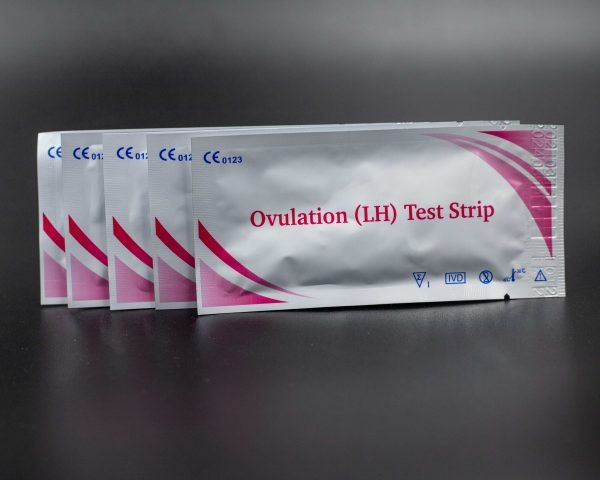












Leave a Reply